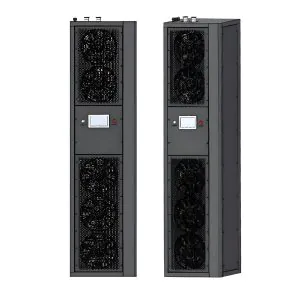Coolnet realizes that liquid cooling technology has emerged as a trusted method for managing heat in high-performance systems, making it an essential consideration for modern server rack data centers. By leveraging liquid to absorb and transfer heat away from equipment, this approach not only maintains optimal operating temperatures but also significantly reduces energy consumption.
The Role of Coolnet in Data Center Solutions
Coolnet specializes in the research and development, production, and application of integrated solutions tailored for data centers. With a strong focus on the construction of information infrastructure, the company is dedicated to providing comprehensive products and solutions across various domains, including communication rooms and smart city development. In the context of liquid cooling data center, Coolnet’s expertise directly contributes to enhancing the performance and longevity of critical equipment housed within server rack data centers.
Benefits of Liquid Cooling in Server Rack Data Centers
Liquid cooling systems offer several advantages for server rack data centers. Firstly, they effectively manage heat, which is crucial for maintaining equipment functionality and reliability. By ensuring that temperatures remain stable, facilities can improve the overall performance of their systems. What’s more, chilled water, as a water cooled, is a form of liquid cooling and is commonly used in high-performance computing, servers, or scenarios requiring precise heat dissipation. The water cooled obtains chilled water from an external cooling source, such as a chiller unit. The air conditioning equipment exchanges chilled water with the air to achieve cooling. It is suitable for large data centers or environments with high heat density, and the system is flexible and has higher energy efficiency.
In conclusion, liquid cooling represents a vital data center solution for optimizing the performance of server rack data centers. With companies like Coolnet at the forefront, the integration of advanced cooling technologies can significantly enhance the efficiency and effectiveness of information infrastructure, paving the way for a more sustainable future in data management.

